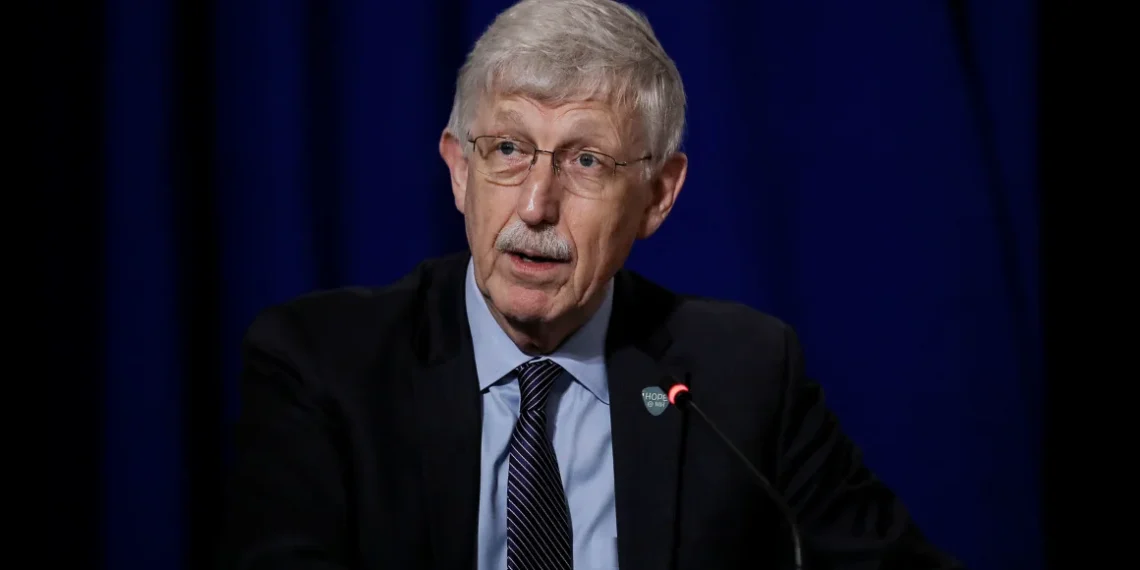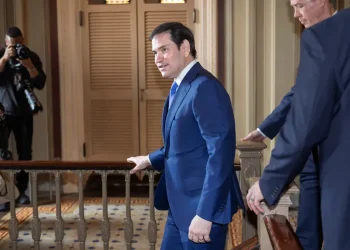4 Lessons on Faith and Science from Dr. Francis Collins’ Storied Career
Dr. Francis Collins, a renowned scientist and evangelical Christian, offers a unique perspective on the often-perceived tension between science and faith. As the former director of the National Institutes of Health (NIH) and a pivotal figure in mapping the human genome, Collins has spent decades navigating these intertwined worlds. Here’s what we can learn from his journey:
1. Science and Faith Can Harmonize
Contrary to popular belief, Collins sees no inherent conflict between science and religion.
- A Unified Worldview: “Science takes on a whole new wonderful kind of aspect because you’re exploring God’s creation,” Collins shared on Dr. Sanjay Gupta’s Chasing Life podcast.
- Science as Worship: Discovering something new in the lab feels, to him, like glimpsing “a little of God’s mind.”
Raised in a non-religious household, Collins became an atheist during his early academic years. However, his perspective shifted during medical school after a patient’s profound question: “What do you believe, doctor?” That encounter sparked a two-year journey of questioning and study, ultimately leading him to Christianity.
2. Public Trust in Science is Fragile
Collins reflects on the pandemic as a time when trust in science was significantly tested.
- Misinformation and Vaccines: Despite the rapid development of life-saving Covid-19 vaccines, misinformation eroded public trust. “Good, honorable people,” he noted, became victims of disinformation campaigns.
- The Cost of Distrust: Between June 2021 and March 2022, 234,000 U.S. deaths could have been prevented had more people trusted the vaccine’s efficacy.
Collins emphasizes that rebuilding trust will require humility, transparency, and efforts to address past missteps.
3. Knowledge Alone is Not Enough
Collins distinguishes between knowledge and wisdom, explaining that wisdom is the integration of knowledge with experience, common sense, and morality.
- Components of Wisdom: Knowledge provides the facts, but decisions require a moral compass and insight. Without these, our ability to make sound judgments falters.
- Navigating Complexity: “Right now, it feels like the road to wisdom is hard to travel. We’re getting knocked into the ditch,” Collins laments.
4. Restoring Trust Requires Four Key Ingredients
Collins identifies four factors necessary for rebuilding trust in science:
- Integrity: Trustworthy sources must be honest and transparent.
- Competence: Experts should demonstrate a deep understanding of their field.
- Humility: Acknowledging uncertainties fosters credibility.
- Tribalism Awareness: Avoid dismissing facts based on their source being outside one’s “tribe.”
- The Challenge of Tribes: “Facts don’t care how you feel,” Collins reminds us. Accepting truths from outside one’s bubble is essential to discerning reality.
A Call to Action: Faith, Truth, and Trust
Collins warns that a loss of trust in science endangers societal progress. Rebuilding confidence will require:
- Listening and Understanding: Engaging with perspectives of those who’ve lost trust.
- Admitting Flaws: Acknowledging mistakes made during crises, such as the pandemic.
- Reanchoring Values: Grounding discussions in truth, science, faith, and trust.
Despite the challenges, Collins remains optimistic. “I think it also is a call to action for all of us to begin to reanchor ourselves in truth and science and faith and trust,” he said.
Dr. Francis Collins’ reflections remind us that science and faith can coexist, wisdom transcends mere knowledge, and trust is essential for societal progress. His journey serves as both inspiration and a roadmap for navigating these complex intersections.
This article was rewritten by JournosNews.com based on verified reporting from trusted sources. The content has been independently reviewed, fact-checked, and edited for accuracy, neutrality, tone, and global readability in accordance with Google News and AdSense standards.
All opinions, quotes, or statements from contributors, experts, or sourced organizations do not necessarily reflect the views of JournosNews.com. JournosNews.com maintains full editorial independence from any external funders, sponsors, or organizations.
Stay informed with JournosNews.com — your trusted source for verified global reporting and in-depth analysis. Follow us on Google News, BlueSky, and X for real-time updates.














